Welcome to Smugglivus 2014! Throughout this month, we will have daily guests – authors and bloggers alike – looking back at their favorite reads of 2014, looking forward to events and upcoming books in 2015, and more.
Who: Born and raised in Manila, Philippines, Rin Chupeco is a YA writer whose debut novel The Girl From The Well is one of Thea’s favorite novels of the year.
Please give it up for Rin, everybody!
I would like a call to arms for the underrepresented in teen fiction.
And by this, I don’t always mean the boys and girls to whom the fate of the world rests; I don’t mean the chosen ones, the warriors and fighters and archers and wizards who always fight their battles bravely, the boys and girls whose most notable feature is that they are strong.
“Strong”. Sometimes I think I hate that word, because as authors and readers / viewers, sometimes we don’t get this right.
To be strong is not to be the I-can-kick-everyone’s-ass Hermione Granger of the Harry Potter movies. “Strong”, is Hermione Granger of the Harry Potter books, the girl who makes mistakes and isn’t always brave, because Ron saving her and / or the day is not a sign of her weakness any more than Hermione saving Ron is a blow to the latter’s masculinity.
“Strong”, is Pacific Rim‘s Mako Mori, whose strength lies in her silence rather than in her assertiveness. Strength is not aggression. Strength is the willingness to abide by your mentor / father-figure’s decision to participate in a suicide mission not because you are obedient, but because you respect his choice (and to have the mental fortitude to not only have to withstand childhood trauma and temper the need for revenge, but to accept the loss of the one person you love because that is the only alternative you have to ‘cancel the apocalypse’, like a true soldier). That Mako Mori is quiet does not make her insufficient – her silence IS her strength, because it is through her silence that her actions become all the more poignant.
And for strong characters like Mako Mori to exist, we need strong characters like Stacker Pentecost and Raleigh Becket. Pentecost, who worries over Mako’s safety as a Jaeger pilot, but who never hinders or prevents her from becoming one of their best despite his concerns – and, in fact, encourages her to fight Raleigh Becket when the latter insinuates that she may not be his equal. And Raleigh Becket who, after losing to Mako in that said fight, does not let the loss diminish him as a man. Recognizing her immediately as his equal, he treats her EXACTLY as such, by lobbying to have her as his co-pilot, and is immediately justified when she pulls out the giant-ass sword from Gipsy Danger and eliminates Otachi just as he gives up.
The problem with the depiction of “strong fictional women” in terms of Mako Mori is that society’s status quo requires her to save everyone yet never be in need of saving herself – a dangerous mindset, because the definition of ‘strong woman’ then becomes ‘she must be perfect in everything’ rather than ‘be good at a lot of things despite being flawed in others’, the latter of which is a more realistic depiction of BOTH men and women everywhere.
“Strong” is Parks and Recreation‘s Leslie Knopes. A kindhearted politician from a small town with big dreams, her goal of filling in a pit outside her best friend’s house and converting it into a park is a small enough achievement when you talk about good governance, but her enthusiasm is both unaffected and infectious. She has her share of vices, but her ‘stuffed shirt’ trope is quickly subverted as the show goes on. She moons after urban planner Mark Brendanawicz, but soon begins dating good cop Dave Sanderson (the “overlooked, often friend-zoned nice guy” archetype that never gets the girl), despite their differences, but then quickly finds a soulmate in straitlaced geek, Ben Wyatt. Leslie herself is old-fashioned and not always one to make the right choices, but her enthusiasm changes the people around her – from apathetic April Ludgate to trend-conscious Tom Haverford to government-hating Ron Swanson – into becoming better people.
“Strong” is Frozen‘s Elsa, who does not require the common Disney plot of needing a significant other in order to triumph. “Strong” is Bob’s Burgers‘ Tina, whose long-running gag regarding getting boys to like her (often unsuccessfully) actually complements both her resilience and her understated self-confidence.
“Strong” is Big Hero 6‘s Honey Lemon, who can be both a fashion-loving girly girl AND an intelligent, headstrong scientist at the same time. Strong is Charles Xavier from X-Men: Days of Future Past, who cries unashamedly when he sees suffering around him. “Strong”, most importantly for me, is Professor Annalise Keating of How to Get Away with Murder, for being what is hard for most female characters to be – unlikable – but compelling in the same vein as strong male leads like Rust Cohle from True Detective or Dexter Morgan from Dexter.
We need strong characters that break the mold of what the stereotypically strong is assumed to be. We need characters who hurt and cry and laugh and feel things and still not have their strength diminished by these instances of being human. We need strong characters whose emotions shouldn’t be a sign of weakness. We may not be at that point yet where the definitions of strength can mean the ability to fight crime, to obsessive-compulsively color code binders of their erotic fanfiction or to dance their feelings away, and to realize that the last two does not necessarily negate the first. But slowly and surely, we’re getting there. And that’s a start.


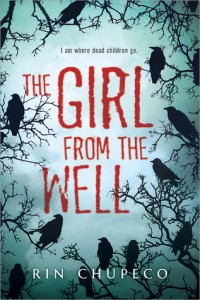
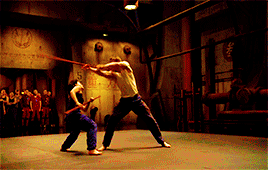
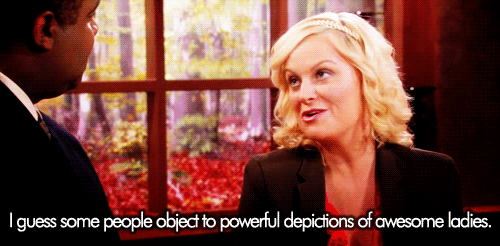
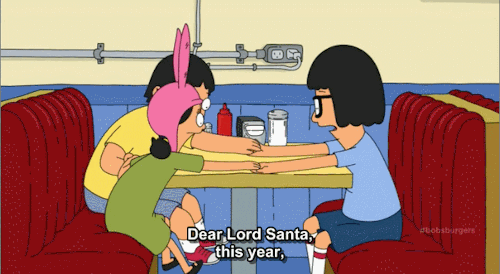
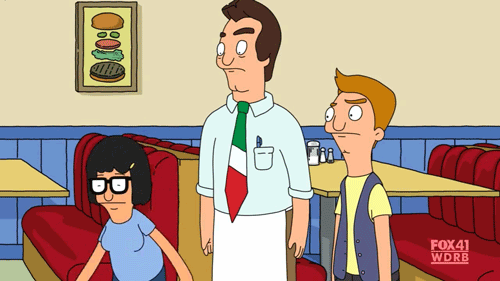










5 Comments
Paige
December 20, 2014 at 10:56 amHeads up! You’ve got a fairly major misspelling of Rin Chupeco’s last name in the title of the post.
Gerd D.
December 20, 2014 at 11:04 amIs that a typo in your Post titel? Rin Ruchepo vs. Rin Chupeco.
Lovely post, I would only object to the use of “friend-zoned nice guy” because:
You either are a nice guy, and friend, or you are just a guy pretending to be a “friend” while actually wanting to get laid.
Ana
December 21, 2014 at 6:04 amSorry, folks. Yes, we had a horrible typo there, fixed it as soon as we could reach a computer. Thanks for the heads up.
Fangs for the Fantasy
December 21, 2014 at 9:27 amVery true – a “strong” character is not synonymous with a weapon or warrior
Laurie C
January 11, 2015 at 9:18 amGreat post! I enjoyed reading it even though I’m not familiar with a lot of the characters mentioned in it (except Hermione, of course.) I try to use the term “strong female main character” in the literary sense of being more than a stereotype or secondary character, but it does seem to have become more literal than literary!